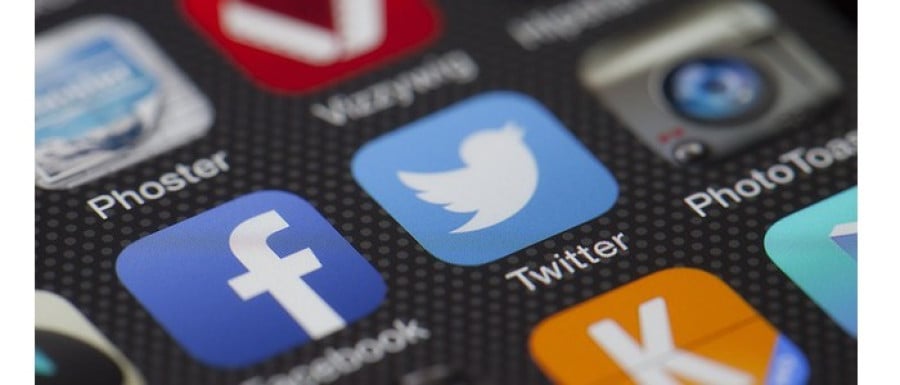How is sport professionalising its “Twitterati”? Morality clauses, regulation and enforcement

In this article, Patricia Leonard examines the growing prevalence of sports stars engaging with fans through social media, and discusses how the industry is reacting to and trying to manage the interactions.
The growing importance of social media
There has been a shift away from the previous position of curbing athletes’ use of social media to prevent confidential information being leaked or derogatory comments being made. Instead, there is now an impetus to push players to promote themselves and their clubs and sponsors on social media.
This has developed to such an extent that the use of social media has become a negotiable clause of a player’s contract - the NFL Players Association has seen such an increase in social media clauses in player deals that it has recently backed a programme called Activate (professional sports’ first online microendorsement marketplace)1. This shift has shown the increasing importance of social media and its ability to make or break athletes into stars or remove them from the playing field altogether.
This shift can be attributed to the ability of an athlete or a sports club to build their brand among the increasing number of social media users. In the US, 73% of all adults using the Internet have at least one social networking profile and one in every seven minutes spent online is spent on Facebook2.
It is not just athletes who benefit; social media is also a mechanism for sponsors to increase brand recognition. Around 64% of adult U.S Internet users who follow a celebrity also follow a brand, making the celebrity fan four times more likely to follow a brand than the average adult online. Additionally, such fans are also more likely to offer advice and opinion to fellow online consumers. This is particularly the case when it comes to entertainment topics, where 32 percent of celebrity fans online provide advice on movies (making them 44% more likely than the average online user to do so), and 28 percent provide guidance on music (56% more likely) and television programs (34% more likely)3.
By extrapolation, a similar model could apply to sports personalities and the brand they cultivate around themselves and their respective clubs. Athlete endorsements yield an average 4% increase in sales and a 0.25% increase in stock value4. Therefore, the rise of social media and the increasing role of the athlete in the spotlight have created new ways in which athletes can influence consumer behaviour and brands can capitalise on endorser opportunities.
Social media policies: regulation of player’s posts by third parties
Unsurprisingly, the constant media limelight athletes are encouraged into can create the reverse effect when a social media post goes terribly wrong. Olympic Gold Medal swimmer, Stephanie Rice, was dismissed from her role as spokesperson for Jaguar followed a homophobic tweet she posted after beating South Africa in a tournament5.
Insulting one’s team, and therefore tarnishing a brand, has also lead to repercussions; Charger’s quarterback Antonio Cromartie, was fined $2,500 for a tweet that insulted the food at their training camp.6
Carlton Cole was fined £20,000 by the Football Association for comments he made on Twitter during England's friendly with Ghana; “Immigration has surrounded Wembley premises! I knew it was a trap”.
With these examples relating to the damage caused to a celebrity’s, and vicariously, their association and/or club’s reputation, it’s not surprising that associations and clubs have taken matters into their own hands by owning, or controlling, the athletes’ social media accounts in some way7 and/or ensuring that appropriate social media clauses are drafted into contracts. This has become such an accepted practice that one commentator noted "Every celebrity endorsement contract of any kind in the future must have a Twitter/Social Media clause…I will be so bold as to state that the failure to not have such a clause would be tantamount to endorsement contract drafting malpractice."8
To continue reading or watching login or register here
Already a member? Sign in
Get access to all of the expert analysis and commentary at LawInSport including articles, webinars, conference videos and podcast transcripts. Find out more here.
- Tags: American Football | Baseball | Basketball | Figure Skating | Football | Golf | Internet | Morality Clause | Social Media | South Africa | United Kingdom (UK) | United States of America (USA)
Related Articles
- Social media and reputation management - what’s over the marksman’s line?
- #update: The evolution of the twitter ‘#’ disclosure rules
- Do English laws sufficiently protect sports stars from social media abuse?
- The 6 Second Vine, Football Broadcasting & the Premier League
Written by
Patrica Leonard
Patricia Leonard is a Barrister at 7 Bedford Row Chambers and has experience of dealing with high profile clients and media sensitive cases. Patricia has successfully obtained a Reporting Restriction Order and a permanent Anonymity Order in a three week race discrimination trial. As this application was made in a race discrimination claim, neither Rule 49 or Rule 50 applied. The successful application relied upon Article 8 of the European Convention of Human Rights and the EAT case of F v G (Practice and Procedure: Reporting Restriction order) UKEAT/0042/11/DA. It is believed this is the first Reporting Restriction Order and a permanent Anonymity made in a case of this type.




